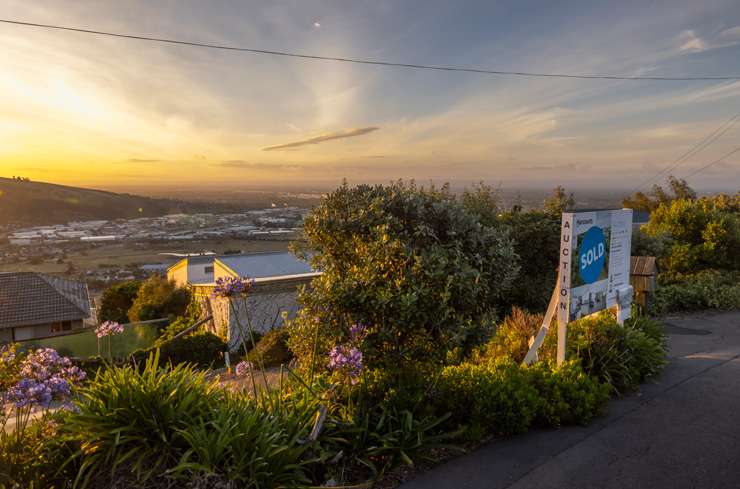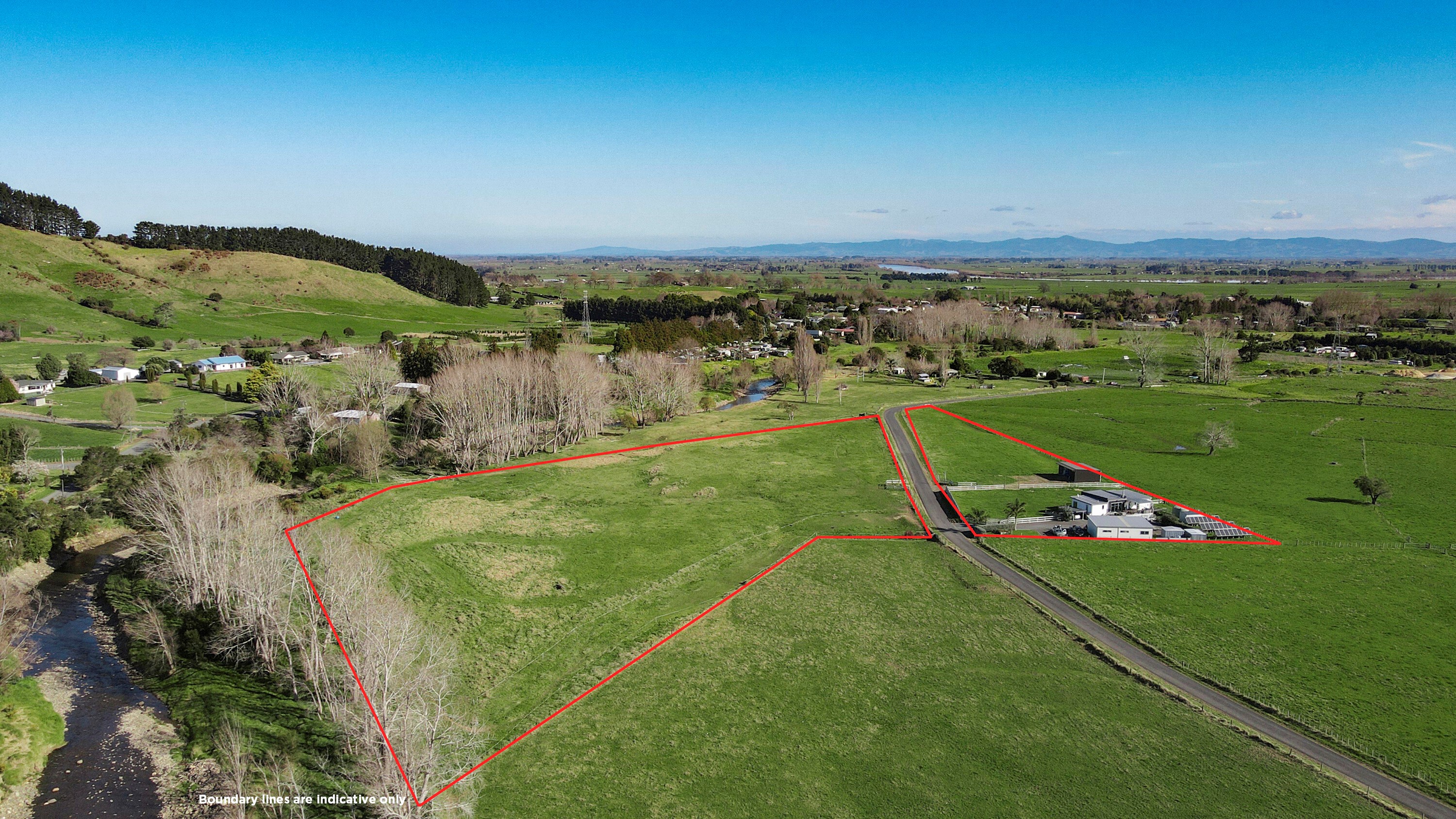COMMENT: Wrong time, wrong location, wrong type of property. Anyone who watched the heart-wrenching finale of The Block NZ this year will have felt for the teams.
The contestants had toiled for months, and what do they have to show for their efforts? The winning team, Chloe and Ben, made only $4000 profit on their house sale, and their total winnings of $104,000 was the smallest in the show’s 10-year history.
Runners-up Maree and James took home $100 – a paltry sum that was offset by the fact they got a new car worth $28,000 after winning the public vote.
But spare a tear for Quinn and Ben and Stacy and Adam. Both couples saw their homes pass in at auction, and both couples got zero dollars for their pain. Stacy and Adam’s home sold at reserve post-auction, while Quinn and Ben’s home sold below reserve.
Start your property search
What’s worse is that the whole premise of the show was redemption; the contestants had fallen short during their first Block appearance and were returning to set things right.
The post-Covid market surge and the record profits the teams made on last year’s Block will have given them hope that even if they didn’t win, they would be making some decent coin.
The housing market slump put paid to that.
Only Chloe and Ben improved on their last Block outing, but take away the $100,000 prize money and they’d be gutted too.
While the change in market conditions explains much of what happened to the contestants – Auckland property values are down 1.9% year on year – it isn’t solely to blame.
The contestants were working “cookie-cutter” terrace houses in a new-build development in the hills above Orewa, a beach town on the northern fringes of Auckland.
The property type, while helping to bring down costs, put constraints on the couple’s creativity (no demolishing walls or adding wings) and the fact they were in a new-build development meant there were dozens of similar looking homes buyers could choose from.
The location was also a factor. Last year’s Block homes were in a popular inner-city suburb and the prices they achieved reflected that. For many buyers, Orewa would have been too remote. Complicating the issue was the fact that the homes didn’t play to the location’s strength – a big beach with great water views. None of them were within walking distance of sand and none looked out to the sea.

Mt Pleasant in Christchurch where the city would be a better location for The Block. Photo / Peter Meecham
A review of sales in Orewa would have shown there was a definite ceiling on townhouse prices and the contestants hit it pretty hard.
The big problem though with The Block is that it costs too much to set it in Auckland. Land values have soared making it hard to pick up suitable properties in attractive inner-city suburbs. Last year’s Point Chev location would have been too expensive if the producers had tried to buy post-Covid.
Buying shells in town house developments may work from a building point of view - these homes still have to go through council – but a do-up of a new-build home does make for boring TV.
The show would be better leaving Auckland and switching to Christchurch, where the auction market is thriving – an important factor in the show’s appeal – and the cost of homes is lower. Producers would be able to take a gamble on a run-down villa or a tidy brick and tile home that’s crying out for a grand designs reinvention. The teams would be able to carry out the kind of renovations that contestants on The Block Australia get to do.
And let’s bring back live auctions. For many viewers, or at least me, the thrill of the show is the build-up to the sale. Live TV means anything can happen. There’s no tension if you know the results took place several weeks before.

















































































